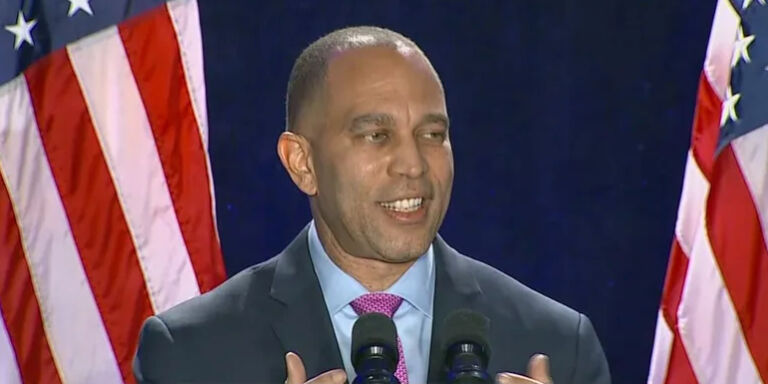Editors at National Review Online assess the U.S. House’s latest major tax proposal.
A modest set of tax cuts for businesses and families won a large bipartisan majority in the House. While many conservative congressmen joined that majority, others on the right have subjected the bill to many criticisms, some of them reasonable and some of them wrongheaded. The Senate has room to make improvements, but it should pass the bill.
The business-tax cuts are not, in the main, any kind of “corporate welfare,” as critics have said, but rather a small step toward the right model of taxation. Thus, for example, research expenses, like all investment expenses, should be fully deductible at the time the expenses are incurred. Congress let that deductibility expire, and the legislation would temporarily restore it.
Some of the critics are complaining that the bill restores business-tax cuts retroactively, rewarding investments that have already been made rather than spurring new ones. That myopic view ignores the fact that businesses made investments in the expectation that Congress would do the right thing. As long as Congress is going to keep legislating time-limited tax laws — which is not our preference — it can limit the damage by extending them in predictable ways.
The bill also makes several temporary changes to the child credit, which has usually had popular support but always elicited heated objections from the more libertarian quarters of the right. The credit, though, has multiple justifications. For one thing, it makes up for the fact that the standard deduction increases with the number of adults but not the number of children in a household, even though the cost of basic necessities is higher with more dependents. It also partly makes up for the way that the federal government taxes the return on parental investments in children.


